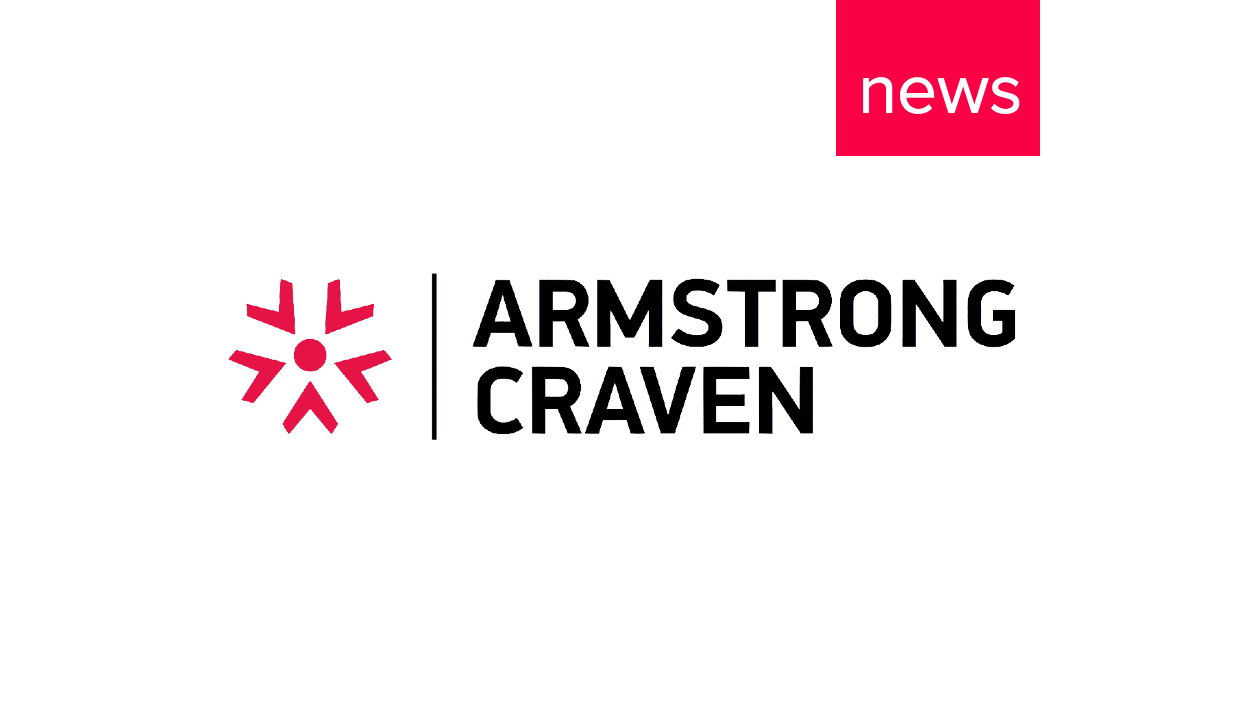Hiring Tech Talent: Executive Search vs Talent Pipelining
18 Jun, 20215 min-ec4d1241-b6fc-435f-80c0-395c750ab215.jpg)
Over the last year, we’ve seen an acceleration of digital transformation across multiple sectors, with many companies having to play catch-up to more digitally enabled organisations as a response to COVID. Without factoring in the impact of the pandemic, more traditional, conservative sectors such as the banking and finance industry have been experiencing a gradual erosion of their business over time because by and large they have to date failed to successfully execute a digital transformation strategy.
A recent study from Cornerstone Advisors found that only about a quarter of banking institutions had embarked on a digital transformation strategy before 2019 and that 45% hadn’t launched a strategy before this year.
A large number of banking corporations have so far failed to meet the demands of a digital consumer and have left a wide gap in the market. Enter digital banking upstarts like Monzo, Revolut, N26, and Starling Bank.
These innovators offer services in direct response to a more demanding consumer, who wants cheaper access to more services and who expects a smoother customer experience. These challenger banks enable you to download the app and open an account without stepping foot into a branch, or completing a lengthy onboarding process. Furthermore, these providers also offer services including seamless access to market trading and an easy to navigate open banking platform connecting their accounts. Transactions are recorded instantly in the application, rather than taking a number of days to appear in the account as is often the case with traditional banks.
So where does this leave the traditional banks? Even among banks that offer digital account opening, 40% still require an applicant to take more than 10 minutes to complete a checking account application. To recapture customers that have migrated to these challenger banks and in an attempt to protect their market share, more and more financial services companies are hiring talented tech professionals to accelerate their digital offering.
How Can Traditional Banks Attract Talent Against Glamorous Digital Start-ups?
There is a vast shortage of technology talent. Recent government data suggests that the shortage of tech talent in the UK alone is at its highest level since 2008. This means traditional banks are competing across sectors for the same talent, including against established tech giants like Amazon and Google, as well as against high-growth tech scaleups like Cazoo, Deliveroo, and Wise. So, how do you attract strong technology talent in such a competitive market?
One barrier traditional firms face is that tech talent wants to be innovating, not copying. Therefore, traditional firms must advance their recruitment marketing to highlight the innovative work they are doing, or provide more compelling arguments around the scale and impact of a candidate’s work. In the financial services world more than most others, candidates can work on projects impacting vast numbers of consumers, drive real societal change by proving access to banking services and work with substantial volumes of data. Understanding the talent landscape you operate in, including candidate motivations and drivers, alongside competitor hiring activity, identifying emerging geographies for in-demand tech skills, and assessing your employer brand and employer value proposition, are all key to being able to attract and retain the very best tech talent.
At Armstrong Craven, we have two preferred approaches for supporting clients in their efforts to attract tech talent from a diverse range of backgrounds into the financial services sector.
The solution to attracting the best talent will ultimately depend on where you are in the hiring process, how much time you have to actively source for immediate requirements, whether you want to create long-term professional relationships with passive talent for future opportunities, and how much budget and internal Talent Acquisition capacity you have available to dedicate to the various steps of the recruiting process.
Talent pipelining vs executive search is a comparison between two different proactive recruitment approaches. Each has its own benefits and limitations, depending on your hiring needs and context.
Scenario: You require help sourcing candidates for immediate hiring
Traditional executive search provides businesses with end-to-end support, including shortlisting the best talent, interview coordination, offer management, and executive referencing.
At Armstrong Craven, our executive search service has been designed to provide a research-led solution to securing scarce and senior-level talent to fill key roles. Our flexible and modular deconstructed approach to executive search means that you have the choice to commission each element of the search individually, should your needs be focused on only part of the full search process.
However, executive search is best utilised to fulfil one critical role, or in the deconstructed approach, to take the steps needed to identify and qualify prospective candidates for one specific position which needs to be filled immediately. If you’re hiring for multiple roles with similar requirements, or if you’re looking to engage with talent to hire for both immediate and longer-term needs, then Talent Pipelining is likely the better option.
Scenario: You have a Talent Acquisition team with the capacity to engage with candidates and manage the interview and offer process, but you need help accessing a wider talent pool for a range of upcoming roles
As an example, if you’re aware that your business will be looking to hire a cohort of individuals over the next 6-12 months, then talent pipelining is a great alternative to executive search. Through commissioning a talent pipelining project, the overall cost per hire reduces the more hires you make, as your outlay is for the time on the project to introduce a pipeline of suitable candidates, rather than it being per hire. Not only can you expect to save on costs, but you will receive an active pool of candidates for current and future vacancies, reducing overall time to hire and improving the candidate experience significantly.
Speak with an expert
If you want to learn a little more about what we do and how talent research can help you make better-informed business decisions, our team of talent research and consulting specialists are happy to help.





